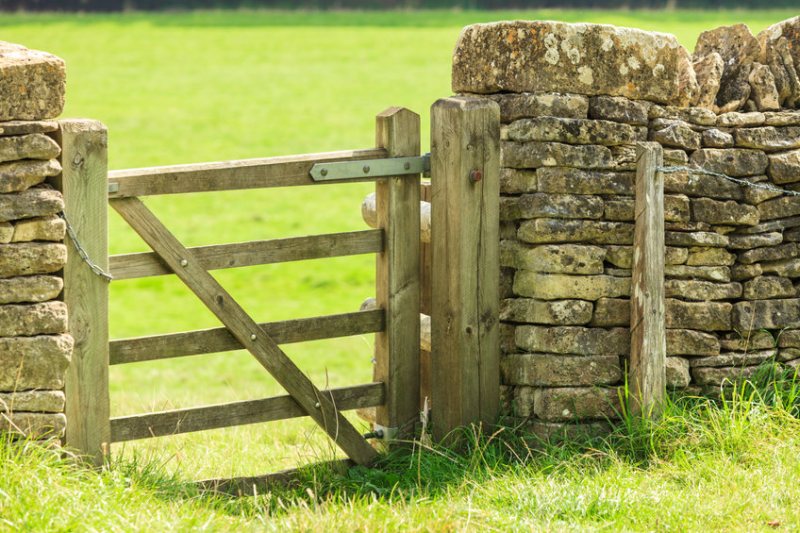
British farmers are heavily reliant on their farms to fund their future retirement, according to a new survey published today.
The findings reveal that almost all of the 100 farmers interviewed see their farm or investment in it as their future “pension”.
It estimates that on average 53% of retirement expenditure or living costs will come from the investment or wealth they have tied up in their farm.
Over half (51%) of those interviewed believe that they will rely on their farm to finance between 25% – 50% of their cost-of-living expenditure once they are retired, while 48% say it will provide more than 50% of their retirement income.
Some 16% believe they will be almost wholly reliant on their farm which will fund 75% or more of their living costs once retired.
The research, undertaken by Investec Wealth & Investment (UK), reveals that farming often involves significant capital tied up in land, equipment and livestock.
This is highlighted by the findings that of the farmers interviewed, they have on average 66% of their wealth tied up in their farm.
More than four in five (86%) said that over 50% of their wealth was held within their farm, with three in 10 (30%) saying their agricultural business represented 75% or more of their wealth.
Despite the findings revealing that many farmers are relying heavily on their farms to fund their future retirement income, the research showed that the majority (92%) say they have a private pension.
In terms of how well they think they understand the tax benefits of paying into a pension, 15% of farmers said they understood them “very well” while 69% said they understood them “quite well”.
The average age when those surveyed started saving into a private pension was 37 years, however some 60% of the farmers said they were aged 40 or over before they started paying into a private pension, with 12% saying they were aged 45 or over.
Scott Jones, of Investec Wealth & Investment (UK), said the findings highlighted that farmers typically have the majority of their wealth tied up in their farms.
"[This] is unsurprising given that many have dedicated their entire lives to building and maintaining their agricultural enterprises," he said.
"Factors such as fluctuating commodity prices, extreme weather events and market volatility can also significantly impact their income from year to year.
"As a result, some farmers may understandably prioritise reinvesting profits back into the farm business rather than setting aside funds for retirement.
“However, this reliance on their farm as the primary source of income during retirement highlights the need for effective financial planning and succession strategies to ensure a smooth transition and a comfortable lifestyle when they retire.”
